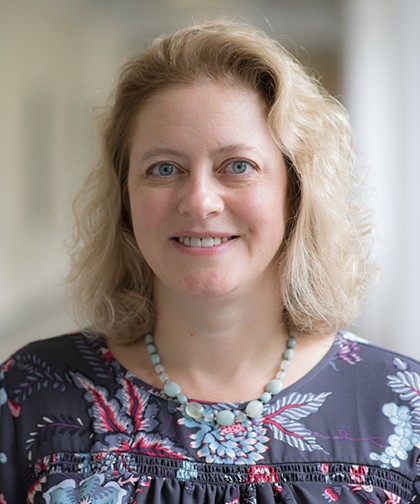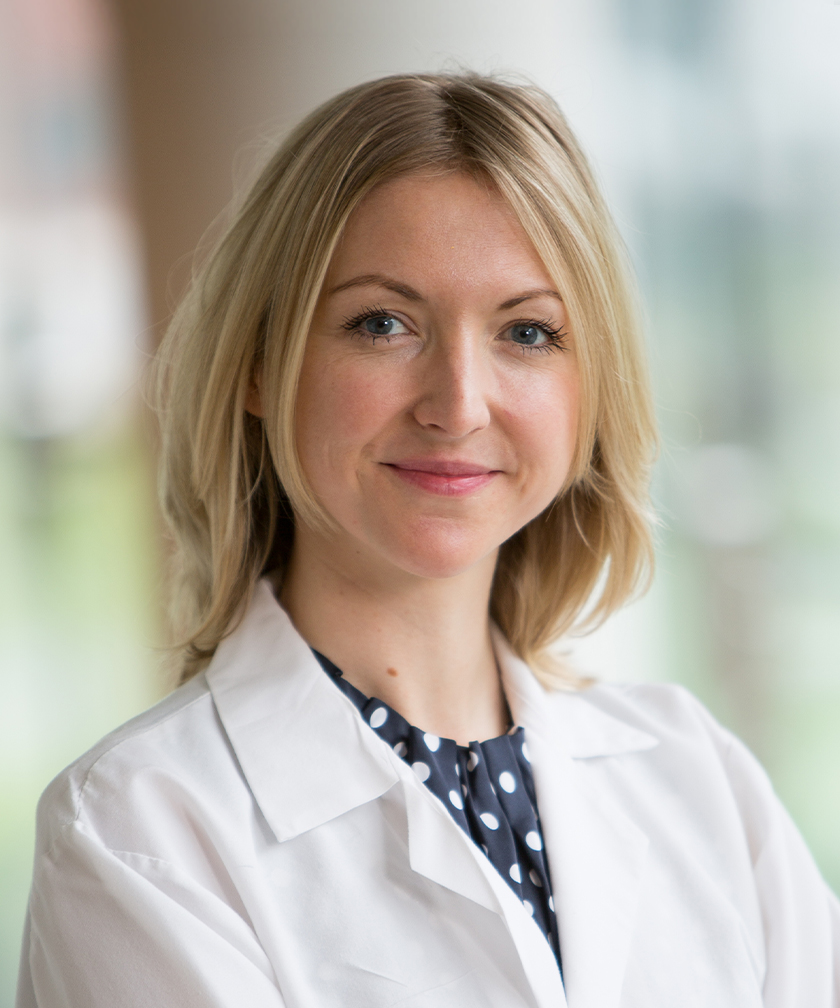Program Overview
This program brings together investigators who study various solid tumors and blood cancers with a focus on the molecular and cellular mechanisms that drive pre-cancer and cancer stem cells and make these cells resistant to therapy.
Healthy adult stem cells ensure that specialized cells in tissues, such as the blood and skin, are constantly replenished. In contrast, cancer stem cells, highly potent cancer cells that share many functional and molecular hallmarks of healthy adult stem cells, are responsible for cancer.
For several cancer types, such as some blood cancers, healthy stem cells become corrupted over time, and begin to churn out cancer cells instead of healthy tissue cells. In other cancers, stem cell-specific programs are activated in regular cells, endowing them with the ability proliferate unchecked, while disabling normal cell and tissue function. Cancer stem cells can drive disease progression, trigger relapse and metastatic disease, and can be highly resistant to standard therapy. Pre-cancer stem cells have acquired some but not all of the alterations that make them cancerous and often act as a critical reservoir for recurring disease.

Areas of Concentration
SCCB is a critical resource for basic science efforts allowing for fundamental discoveries. At the same time, the program interacts with translational and applied cancer research at Montefiore Einstein Comprehensive Cancer Center. SCCB investigators focus on:
- How healthy stem cells function and prevent the formation of cancer
- The biochemical and molecular mechanisms behind gene regulation, RNA translation, and splicing driving stem cell differentiation
- Characterizing healthy and cancerous stem cells in patients in order to develop novel diagnostics and treatments
Current Initiatives
SCCB researchers have made important discoveries of early molecular and genetic changes that drive the formation of cancer stem cells and of factors that promote cancer evolution and resistance to therapy. Several basic mechanistic and pre-clinical studies have been translated into clinical therapeutic trials at Montefiore Einstein Comprehensive Cancer Center, and other studies have identified novel targets for drug development that are being pursued by investigators in SCCB and the Cancer Therapeutics program. Current collaborations and research initiatives include:
- The role of a critical negative regulator of the tumor suppressor gene p53 (MDMX) in driving the transformation of blood-forming stem cells into cancer stem cells
- Identifying and overcoming resistance of cancer stem cells to current therapies (such as hypomethylating agents, immunotherapies, and radiation therapies)
- Investigating how age-associated molecular changes (other than DNA mutations) contribute to the formation and maintenance of pre-cancerous and cancerous stem cells, with a particular focus on pathways governing the cellular “recycling” process, known as autophagy.
- Examining the role and contribution of gene regulatory alterations in driving cancer evolution and their potential use as biomarkers for early cancer-risk stratification.

Stem Cell & Cancer Biology (SCCB) Research Program Members
Led by Dr. Kara Gritsman and Dr. Britta Will, the SCCB Program consists of highly dedicated experts committed to advancing the science of cancer care with thoughtfulness and integrity.
Cancer Clinical Trials
- Blood & Bone Marrow Cancers
- Brain, Spine & Central Nervous System Cancers
- Breast Cancer
- Childhood Cancers
- Endocrine System Cancers
- Gastrointestinal (GI) Cancers
- Genitourinary (GU) & Urologic Cancers
- Gynecologic Cancers
- Head & Neck Cancers
- Kaposi Sarcoma & AIDS-Related Cancers
- Lung & Chest Cancers
- Prostate Cancer
- Sarcomas
- Skin Cancer











